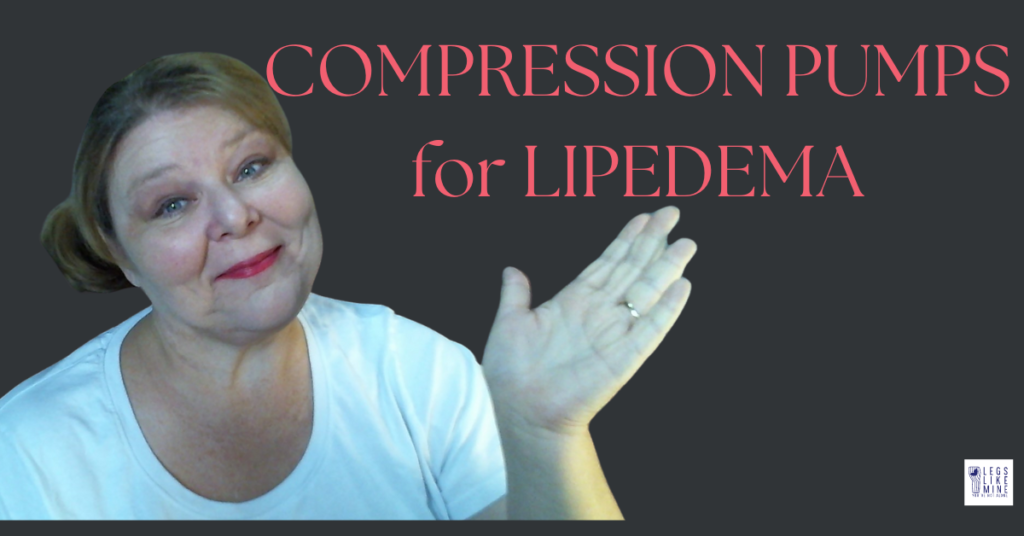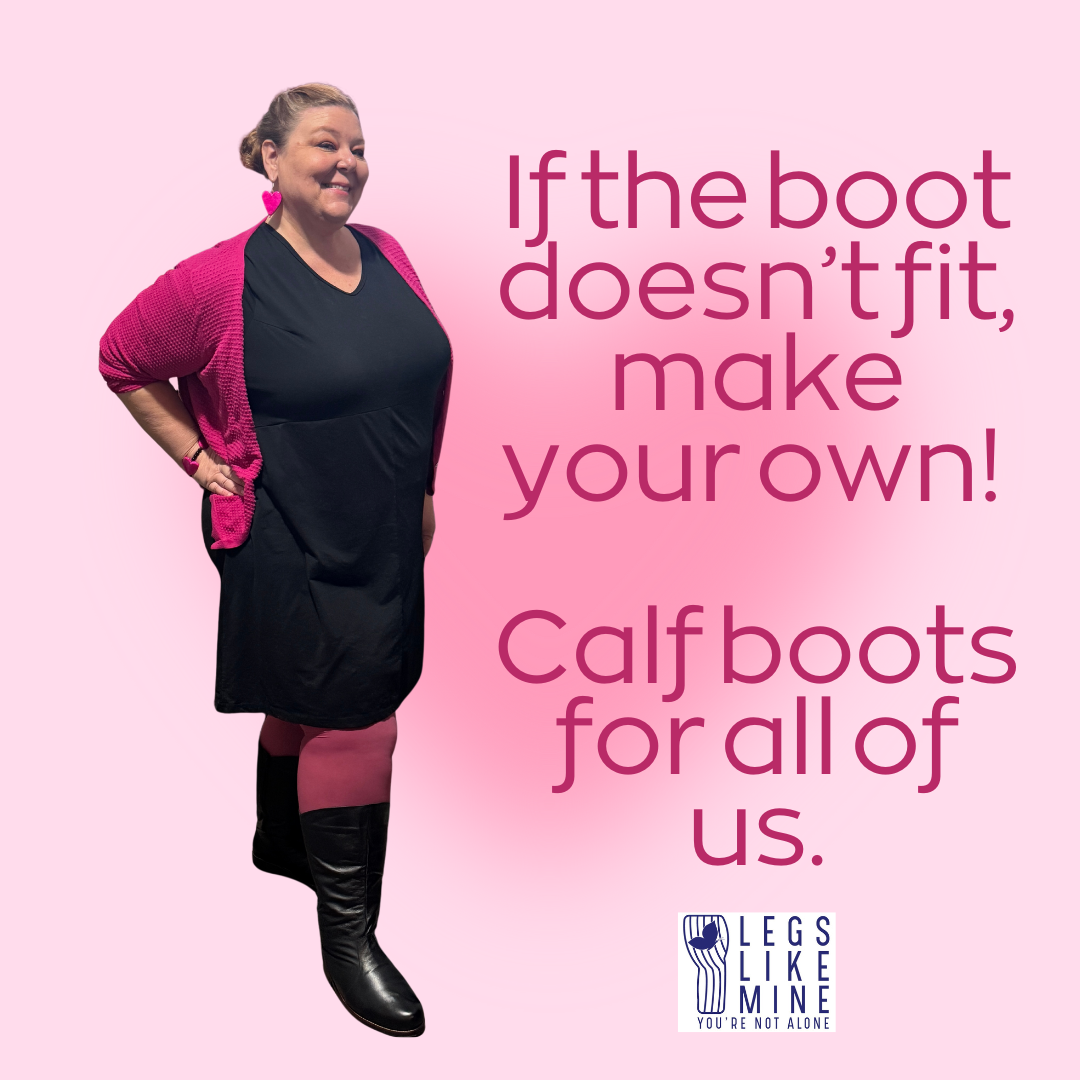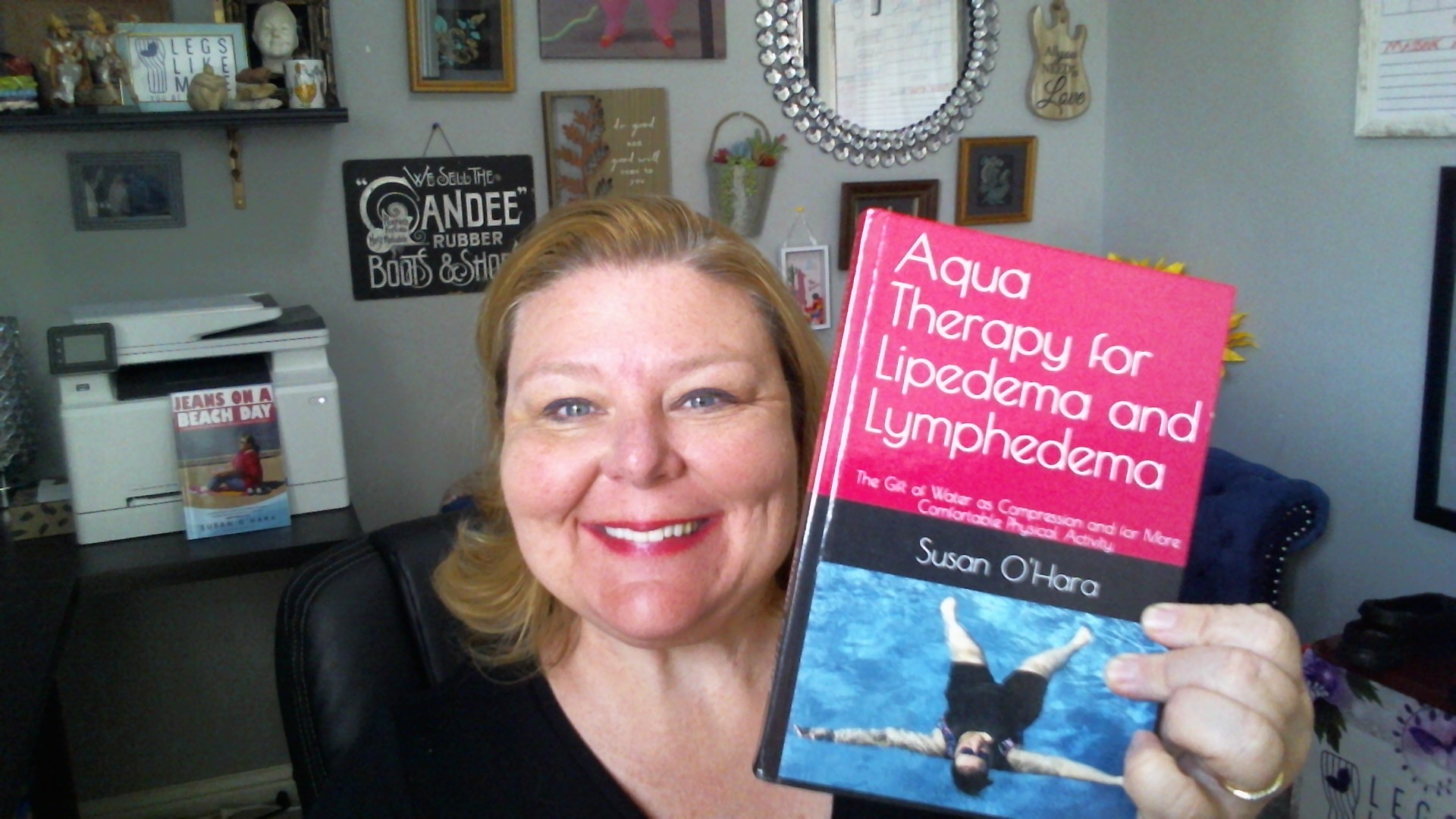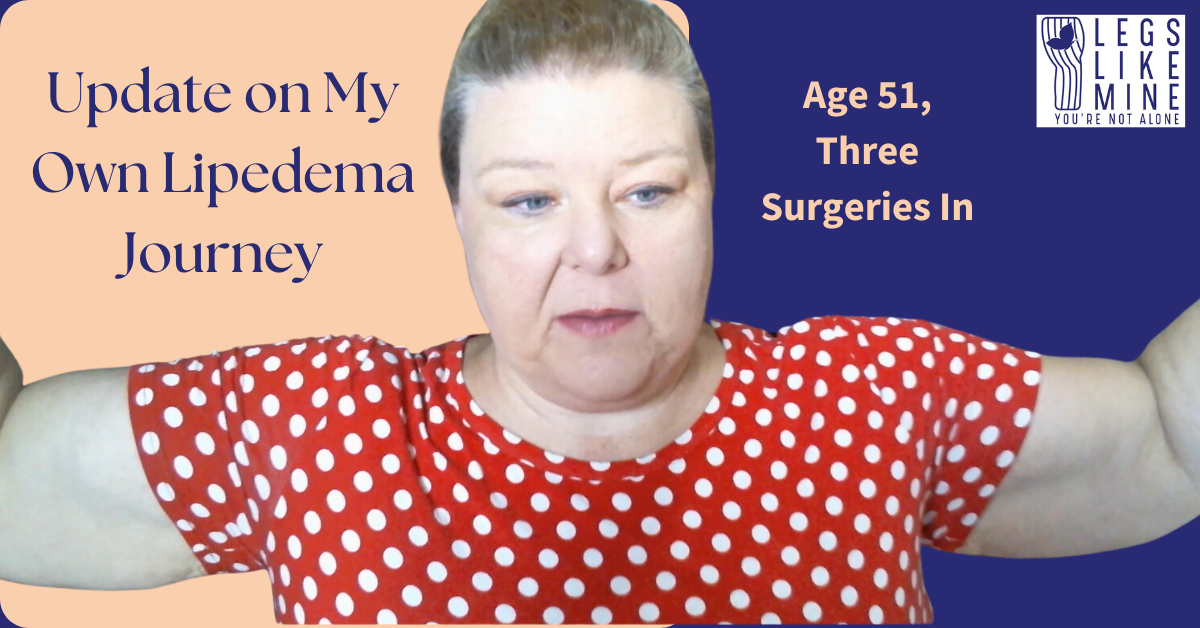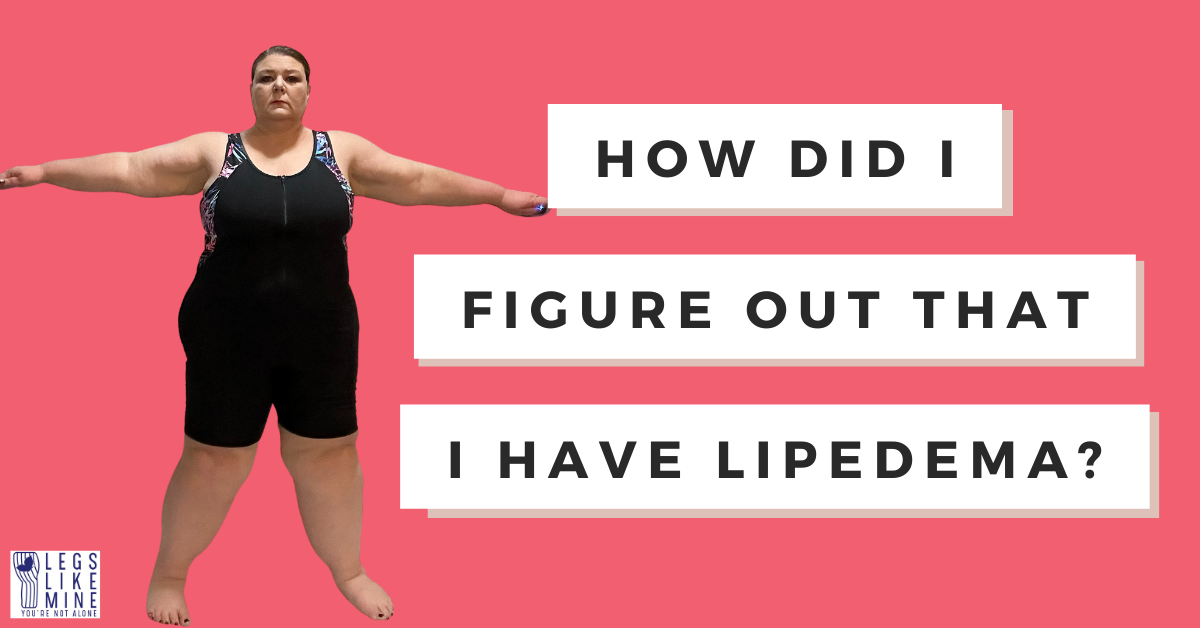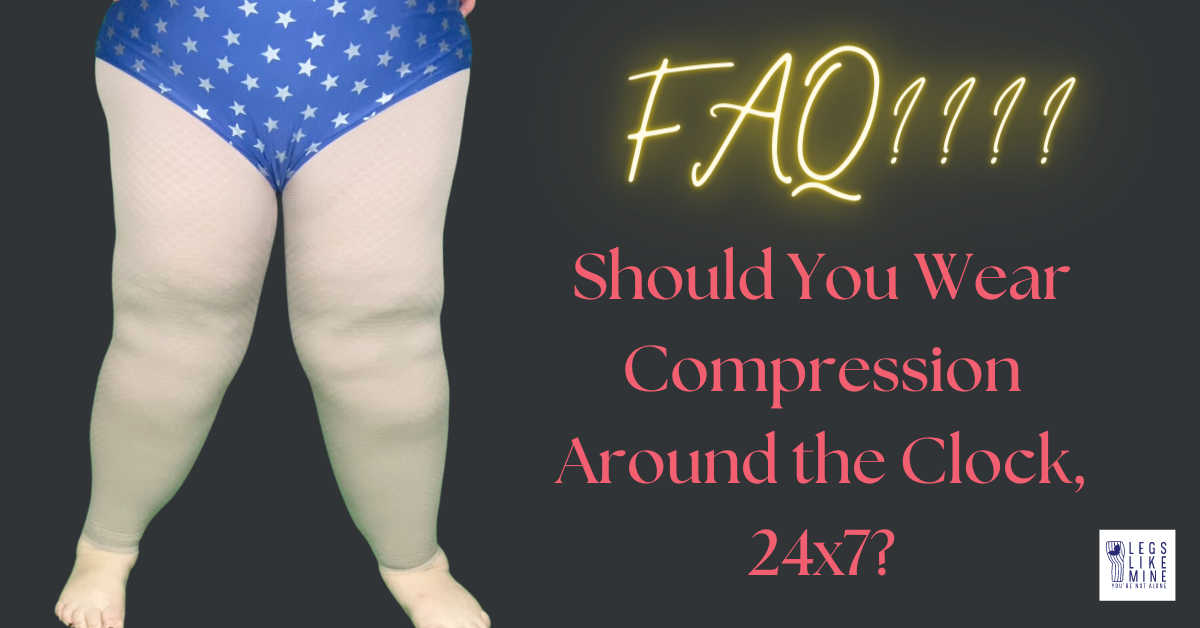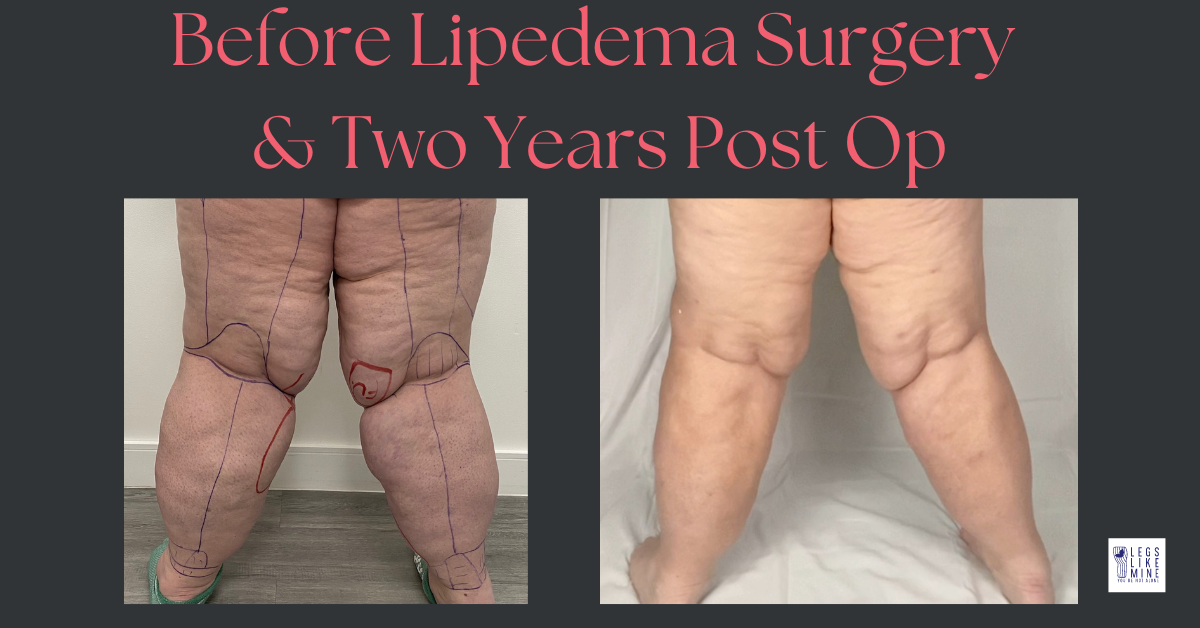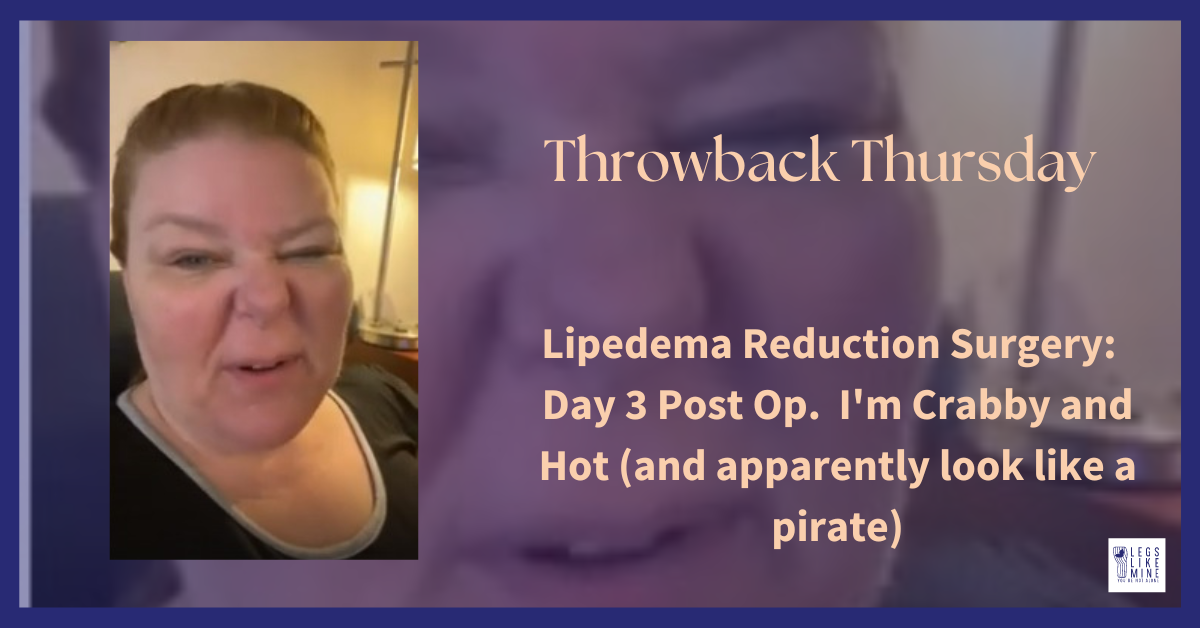Hi friends!
If you follow me, you already know that lipedema is a chronic condition that causes abnormal fat accumulation, primarily in the legs, but sometimes also in the arms. While the exact cause remains unknown, it’s thought to be linked to a combination of hormonal, genetic, and lifestyle factors. Lipedema can lead to pain, swelling, and difficulty with mobility, significantly impacting quality of life.
Fortunately, there are treatment options available to help manage lipedema symptoms, one of which is pneumatic compression therapy. But what exactly are these devices, and how can they benefit people with lipedema?
What are Pneumatic Compression Devices?
Pneumatic compression devices (PCDs) are garments like sleeves or boots that inflate and deflate with the help of a pump. This inflation and deflation create a gentle, wave-like pressure on the limbs, mimicking the natural pumping action of the muscles. This pressure helps to:
- Improve lymphatic drainage: The lymphatic system is responsible for transporting fluids and waste products away from tissues. PCDs can help move stagnant fluid, especially in areas affected by lipedema.
- Reduce swelling: By promoting lymphatic drainage, PCDs can help reduce swelling and edema in the legs and arms.
- Improve circulation: The pressure applied by the device can also improve blood circulation in the treated area.
Benefits of PCDs for Lipedema
A recent research project investigated the effects of PCDs and graduated compression stockings on women with lipedema [1]. The study found that using PCDs, in combination with stockings, led to improvements in:
- Limb circumference: This means the devices helped to reduce the size of the affected limbs.
- Bioimpedance: Bioimpedance is a measure of the body’s resistance to the flow of electrical current. In lipedema, a higher bioimpedance might indicate an increased amount of fluid and fat tissue compared to muscle mass. The study suggests that PCDs may help improve body composition by reducing fluid and potentially increasing muscle mass.
- Pain: Participants in the study also reported a decrease in pain levels after using PCDs.
Important Points to Remember
While PCDs can be helpful for managing lipedema symptoms, it’s crucial to remember:
- Talk to your doctor first: Before using PCDs, it’s essential to consult your doctor to ensure they are safe and appropriate for your individual situation.
- PCDs are not a cure: PCDs are a tool to manage symptoms, not a cure for lipedema.
- They work best alongside other treatments: PCDs are often used in conjunction with other therapies, like manual lymphatic drainage and exercise, for a comprehensive treatment approach.
- These are real medical devices. I strongly do not recommend buying one without the support and prescription of your doctor. While there are a ton of them available online at low prices, I personally am not trusting these with my lymphatic system. The last thing I want to do is make things worse. Please consider NOT buying these without a doctor’s guidance.
If you’re living with lipedema, talking to your doctor about pneumatic compression devices can be a good first step. They can help you determine if PCDs are right for you and work with you to develop a personalized treatment plan to manage your symptoms and improve your quality of life.
Source:
- Wright T, Scarfino CD, O’Malley EM. Effect of pneumatic compression device and stocking use on symptoms and quality of life in women with lipedema: A proof-in-principle randomized trial. Phlebology. 2023 Feb;38(1):51-61. doi: 10.1177/02683555221145779. Epub 2022 Dec 15. PMID: 36519532; PMCID: PMC9902958. https://www.ncbi.nlm.nih.gov/pmc/articles/PMC9902958/
I hope this helps someone. For more information about pneumatic and sequential compression therapy, talk with your doctor or durable medical provider. Also, there are some conditions that are contraindicated for use with these devices, so please check with your doctor or CLT.
Thanks all!
Susan
